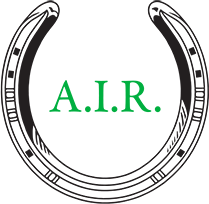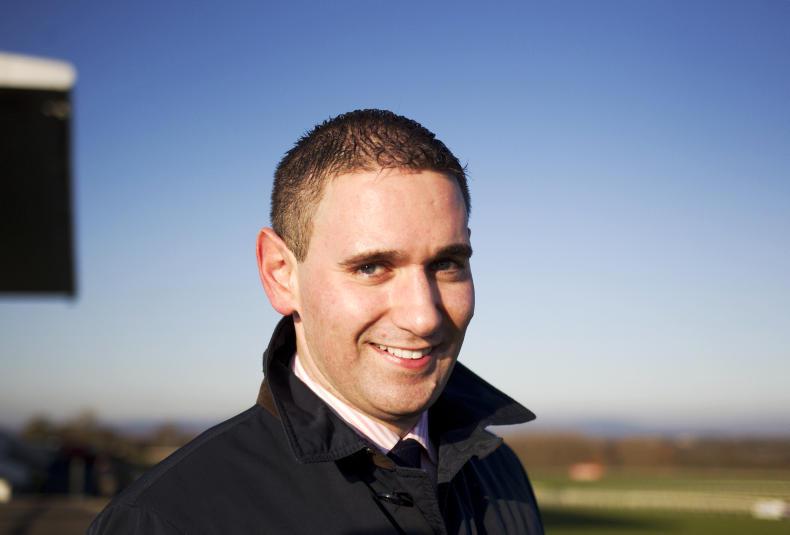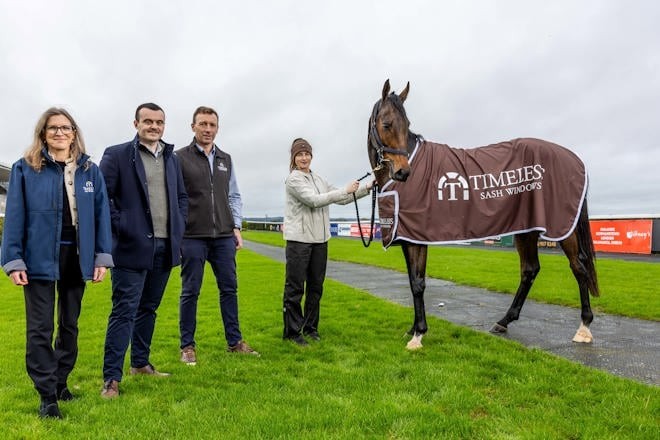The Inside Track on AIR
MANY who work in the racing industry will have accreditation to permit them access to racecourses via their AIR card.
However, beyond that, their knowledge of the Association may be limited.
The Association of Irish Racecourses (AIR) is a body that traditionally keeps a low profile in our industry, working hard to serve its members with integrity and goodwill. This week’s column finds out more about the Association, and shares with you the vision of its members for the future of Irish racing at their racecourses.
The mission statement of AIR is ‘to represent the interests of its members, those who own and/or operate Ireland’s 26 racecourses’. The Association represents its members to the highest standards, promoting their collective interests. It operates under guiding principles which aim to uphold its reputation for fairness and to maintain the trust of its stakeholders.
AIR works with other associations and bodies within the horse racing industry, parallel industries and third parties on behalf of its members to ensure they enjoy the benefits of the best possible collective outcome every time. An ethos of strong open communications with members is operated, and active participation of all members is encouraged.
The chairman of AIR, Conor O’Neill, is also the CEO at Punchestown Racecourse. Conor and his team are looking ahead to a Festival of a different colour in the week ahead. We wish them the very best for a wonderful week.
The board of AIR consists of nine directors, each appointed for a three-year term. They are elected by the membership. The board meets every six weeks or so, and additional ad-hoc meetings are called as required when issues arise and require urgent attention.
In addition to board meetings, all racecourse managers meet monthly to ensure unity of purpose and that all members’ concerns are heard and support is provided as appropriate. These meetings have proved very popular and most helpful in these strange times.
Annual meeting
The annual general meeting of AIR takes place in April each year, and like all
recent meetings it took place online this year. The wider membership could dial in, and active participation was encouraged by the Association’s chief executive officer, Paddy Walsh, at the outset. The ‘wider membership’ includes racecourse managers along with other representatives of their member racecourse, typically directors at the track with a vested interest in the work that the Association does on behalf of their racecourse.
AIR regularly interacts with representatives of other industry bodies with a view to developing initiatives to help the wider industry. In addition, AIR is represented at Horse Racing Ireland board level, chairs the media rights committee and is represented on the committees that recommend the programme of racing and the fixtures that are to take place each year. AIR will also interact, on behalf of their members, with other bodies outside the industry who have sporadic engagement with horse racing, such as Government agencies and committees, economic consultants, and others.
Strategic Plan
The strategic plan of AIR is also worth noting. Although paused in many respects in light of the current pandemic, much of it is on track, while some aspects have been propelled forward as a result of racing behind closed doors. In the five-year plan, topics highlighted as top priorities for the Association on behalf of its members include keeping all racecourses united, maximising revenue-generating opportunities, enhanced communications, continuous development of racecourse standards, and a strong focus on sustainability. Over the course of the year, AIR will share updates concerning these key areas and more through this The Irish Field column.
By Leo Powell



